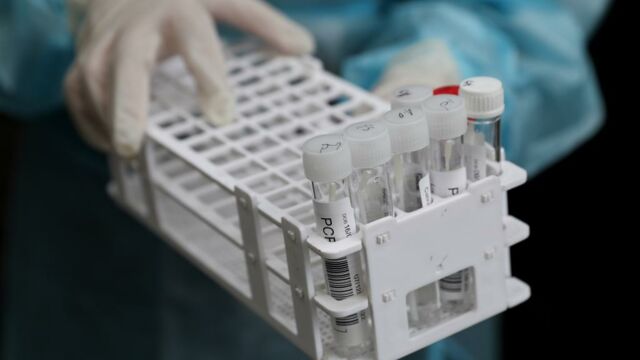The rollout of the booster vaccination has just started and not every one has had their third dose yet. But there is already talk of a possible fourth jab!
Discover our latest podcast
This is being considered and will indeed be necessary because according to a British study, the protection of the third vaccination dose does not last very long.
The need for a booster
The booster shot, which can in some cases be accompanied by a series of side effects, is supposed to protect us from a serious disease in the event of COVID infection.
The level of protection and COVID immunity varies on factors like previous illness, type or vaccination, and the number of doses you've received. It also depends on the variant. But in any case, the anitbodies' ability to neutralise the original SARS-CoV-2 strain fades over time.
To be more precise, the antibody level increases within 15 days of infection with COVID or the vaccine injection and after that, the it starts to wane. Hence, the need for booster doses.
Last October, the French National Authority for Health estimated a drop in vaccine effectiveness 6 months after the second dose and according to the British Health Security Agency, protection after booster doses does not seem to last long either.
Only a few weeks of protection
The UK data is clear: people who have received their third dose of vaccine and come into contact with the Omicron variant, which is already known to be more resistant to antigenic tests, have a threefold higher risk of re-infection with COVID.
They would be protected for about ten weeks against symptomatic infection with COVID. After this period, the effectiveness gradually decreases to 25%.
This would explain the duration between the second and third doses, which decreases as the contamination by the Omicron variant progresses and as the French government's sanitary instructions are followed.
Efficacy also depends on the vaccine
According to the British study, people who have been vaccinated with AstraZeneca (approximately 60% protection in the first few weeks) and who receive their booster with a dose of Pfizer BioNTech, will see the effectiveness of the latter fall to 35% after 10 weeks. This will furtherdrop to 45% with a Moderna booster dose.
For those who received the Pfizer BioNTech vaccine for all their doses, efficacy would still be 45% after about 10 weeks. Whereas, if the booster was given with Moderna, it would be about 70% after 9 weeks.















